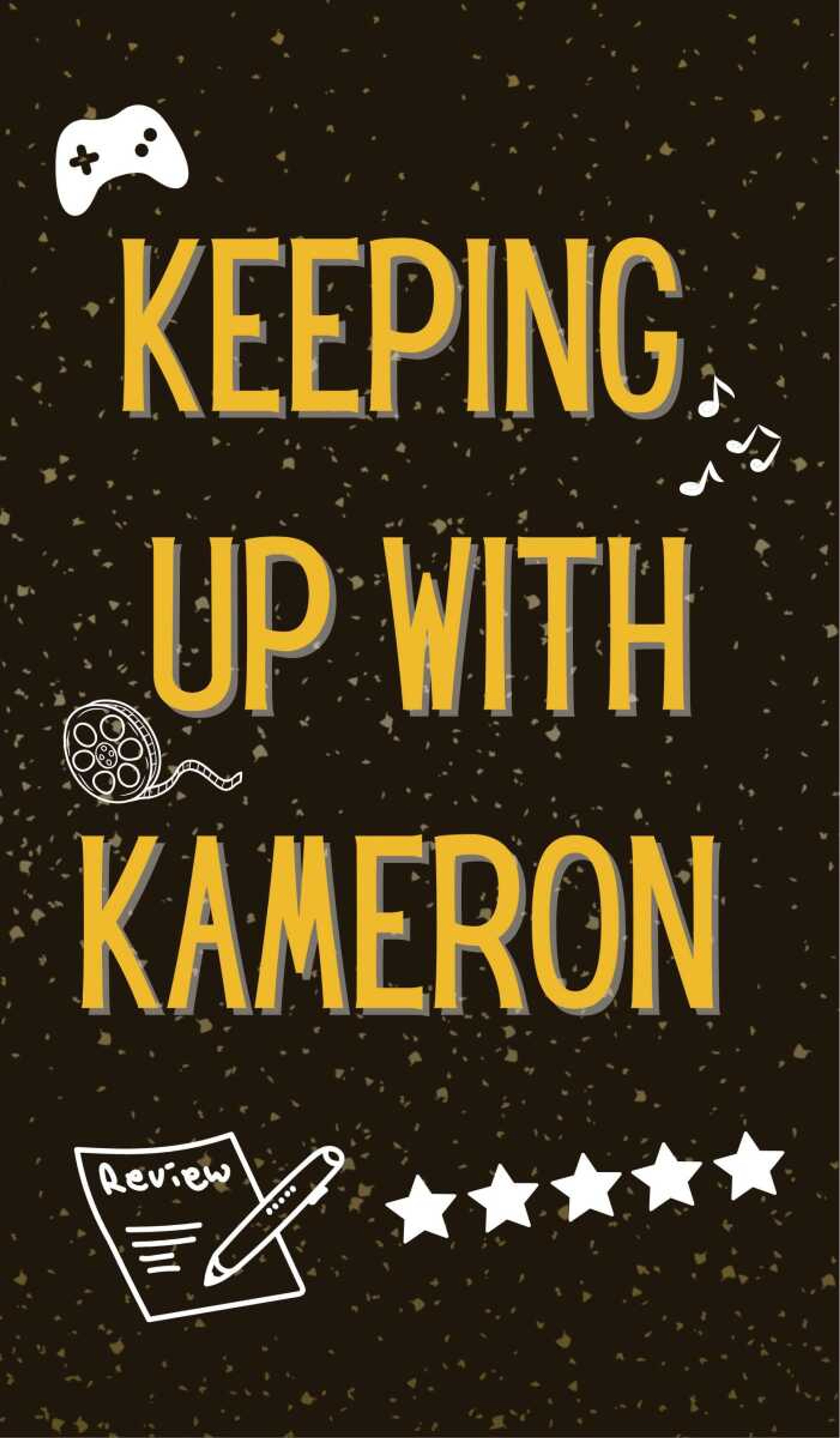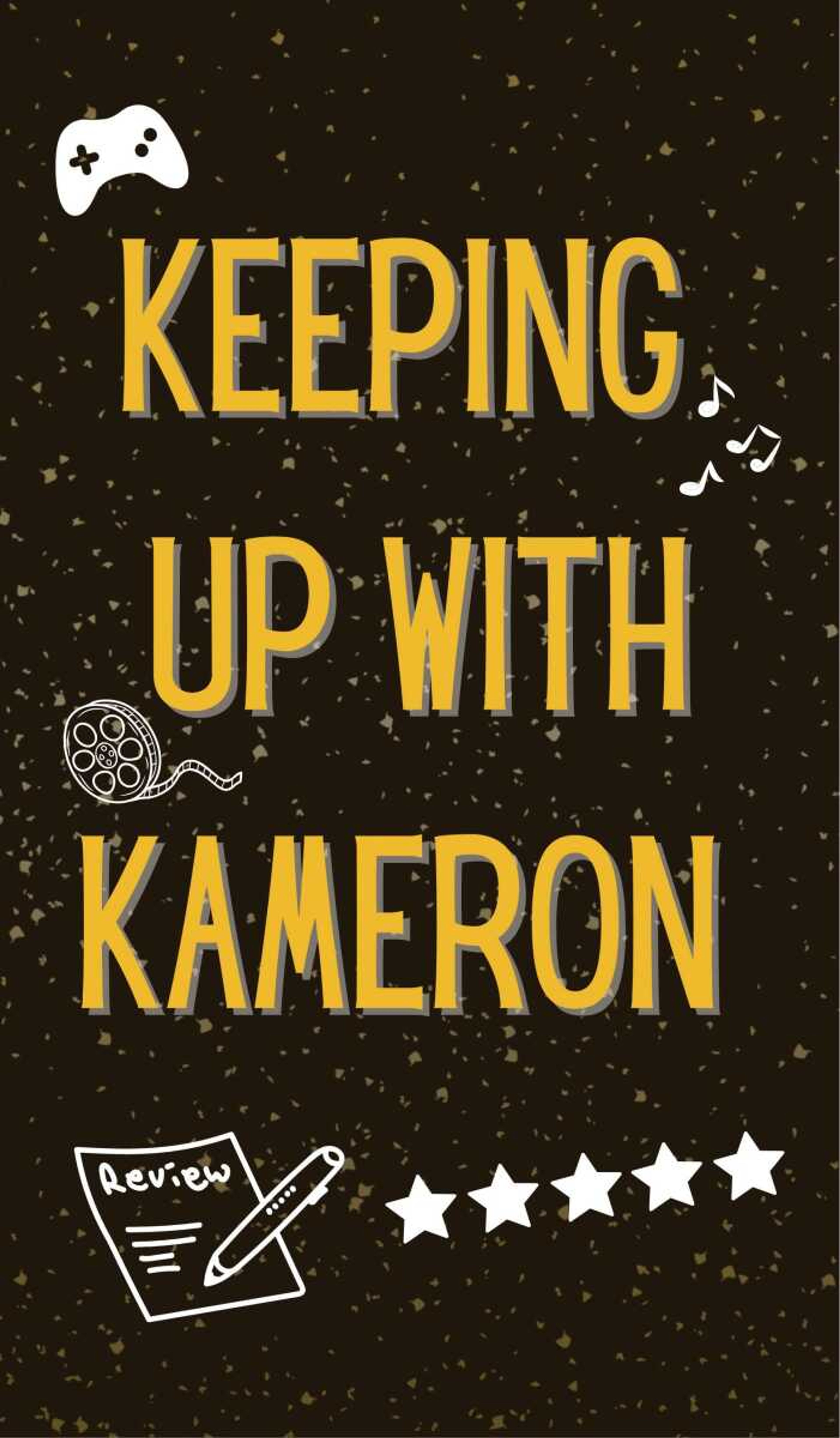I found myself sitting at the bar in downtown Cape Girardeau’s only Irish Pub last night, talking to a stranger about the one thing I am most passionate: journalism.
I’d just finished my shift at the brewery where I work down the street, and this person began asking me questions about why I want to be a journalist and where I saw myself in the future.
We talked for quite some time about all the things that light up my mind. He said he saw the passion in my eyes.
A pick up line? Probably.
But as we sat there talking, I could feel myself becoming more animated, getting fired up and knowing that I was well on my way to a soap box if I didn’t get a handle on this conversation.
And then he asked me the question I haven’t been able to answer myself.
“How do you keep your spirits up when you have to report the kind of news we’ve seen in the last several weeks?” the stranger asked.
I assumed he was talking about the relentless onslaught of hurricanes, or devastating earthquakes, or the United State’s largest mass shooting in history or the state of U.S. global relations, to name a few.
I took a deep breath, and I turned my full body so I could look him squarely in the eye.
“I don’t,” I said. “But that’s why I have to write about it.”
Journalism is many things. Some days it can be the story about the kid whose father came home from war and is finally able to be with his family again. Other days it’s the story of a man who ruthlessly slaughtered more than 58 people and then himself for no reason.
Reporting matters just as much on both days.
I wish we could be choosy. I wish I could skip the days when the news looks like a horrific scene from a Stephen King novel and go straight for a more cozy and light hearted picture of our world.
Unfortunately for journalists (and anyone grounded in reality), we have the sacredness of unbiased, all-encompassing truth telling to keep in mind. We can’t decide what stories matter for the readers.
But we can tell them why they matter.
Change comes from shedding light on a problem because an issue can only be resolved once it’s been realized. When I write the stories that break my heart, I give them a name, a face, a voice.
That’s how we begin to move forward to a place where healing grows and foments change.
On the days when I struggle to put pen to paper because I’m just completely overwhelmed by the news I have to tell, I take a deep breath and remember why it matters so much that I do.
These are the stories that lead to change, but they can only do it with a vessel, with someone to give them the right words. As a journalist, I have agreed to be that vessel, even on the days I wish I could just hide away.
I might follow it up with a good cry and an eating-ice-cream-from-the-tub session, but that’s besides the point.
And if I ever run into that gentleman from the pub again, I think I just might owe him a beer.








